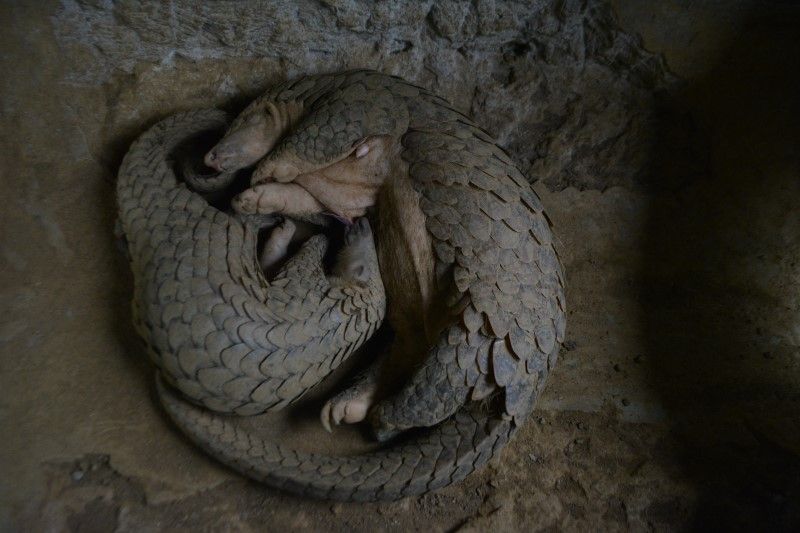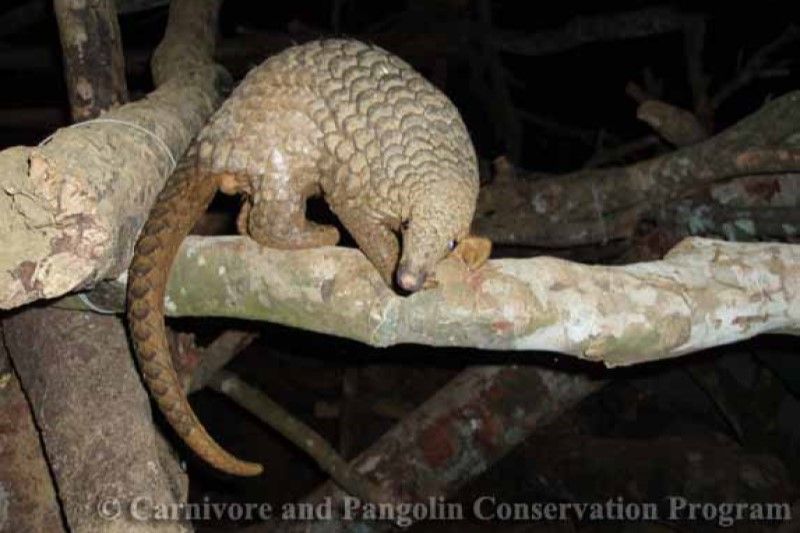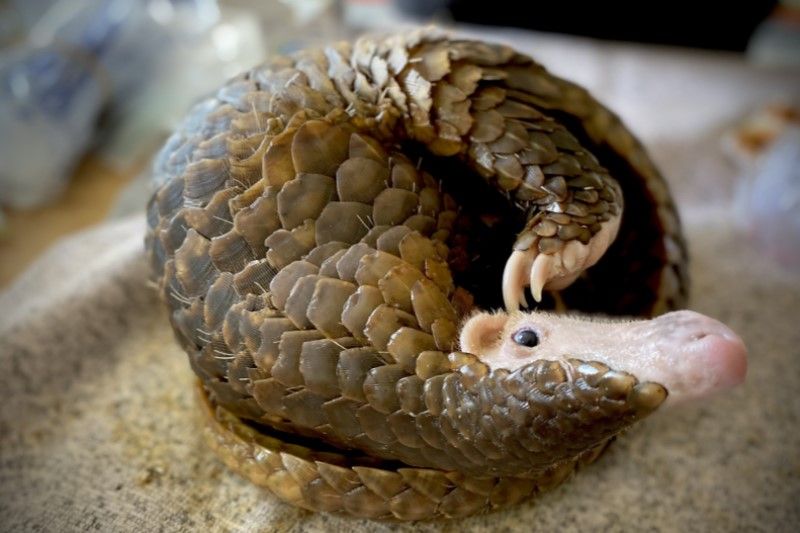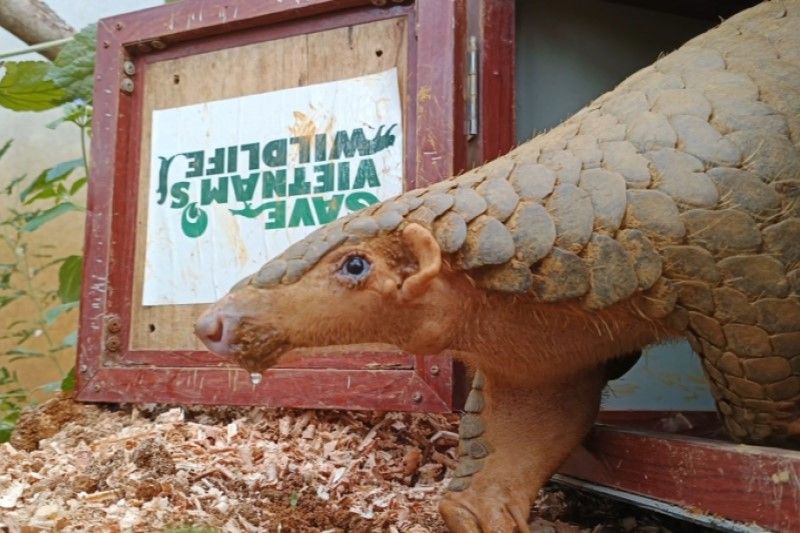Ensuring the long-term survival of released pangolins in Vietnam

New research into their natural behaviours will help us understand survival rates for pangolins released into the wild.
Challenges facing Critically Endangered pangolins
Sunda and Chinese pangolins, like all pangolin species, are threatened with extinction; both are classed as Critically Endangered. In Vietnam, thousands of animals are illegally traded for meat consumption, traditional medicine, pets and souvenirs every year. When live pangolins are rescued from the illegal wildlife trade, they’re considered evidence by the courts. The ongoing investigations by law enforcement into illegal trafficking rings means that most animals can’t be immediately released back to the wild. The investigations can last weeks to several months and, in some cases, have caused animals to become over-habituated to captive environments and artificial diets. This decreases their survival rates when released back into the wild.


Ensuring successful releases
With the support of PTES, Save Vietnam’s Wildlife aims to preserve natural behaviours of rescued Sunda and Chinese pangolins in captivity, to ensure their later releases back to the forest are successful. Using cameras to monitor their behaviour, they’ll establish the threshold of time that the animals should be kept captive for by analysing changes in their activity over time. Additionally, they’ll attempt to improve their artificial diets so that it better matches what they usually eat in the wild.
Using eDNA metabarcoding the team can analyse faecal samples collected from wild pangolins to find out what they’ve been eating. Hormone level testing will help to enhance their breeding success by improving our understanding of how pregnancy progresses in pangolins, and what their optimal mating time is. This information will help the team ensure breeding and translocation survival rates are as good as possible, benefiting pangolins, in Vietnam and throughout their range.
Surviving in the wild
Save Vietnam’s Wildlife has also been given the green light to establish the first Chinese pangolin Conservation Breeding Centre. In order for any breeding programme to be successful, the animals released must be capable of surviving in the wild. The research carried out during this project will ensure that both the rescued pangolins and those bred in the new centre have the best chance of surviving in their natural forest habitat, helping recover the species in wild.
We want to give Sunda and Chinese pangolins the chance to thrive; with your help we can make a difference.

